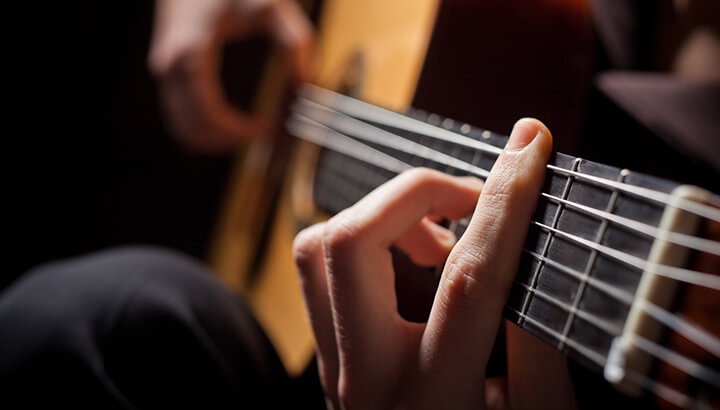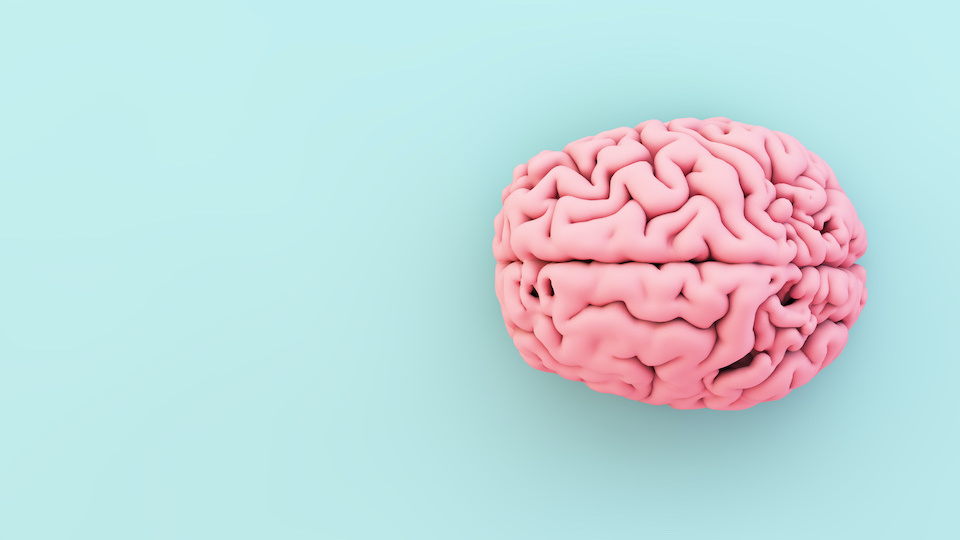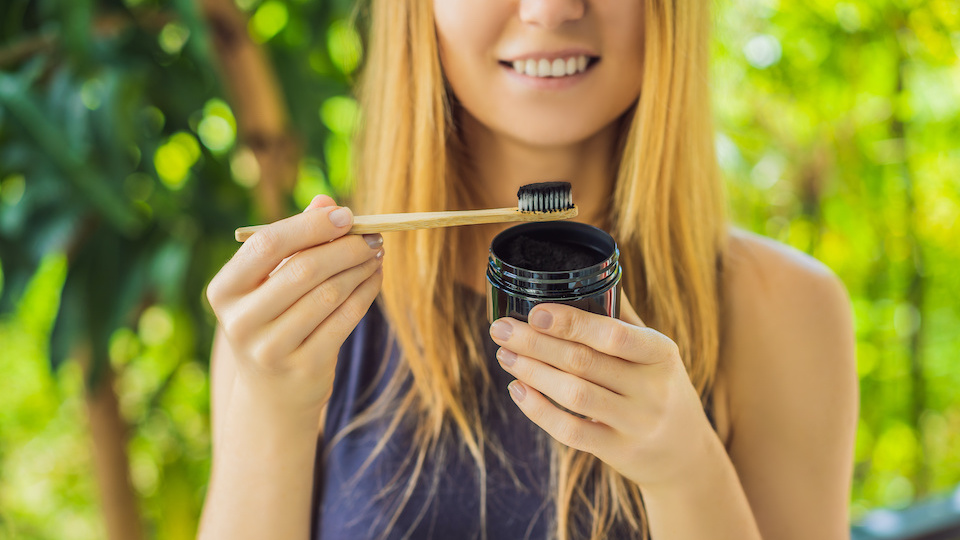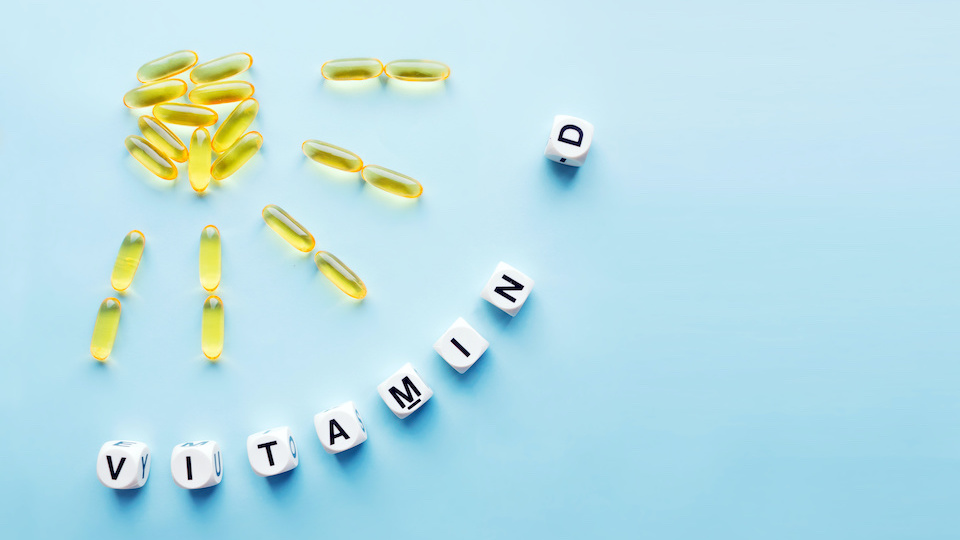I have callouses on the tips of the fingers of my left hand. Playing the guitar without them would be painful… a pain that any beginner guitar player knows oh so well.
Although they are not exactly a poetic metaphor, those callouses represent challenge, change and growth and I use them as a starting point for conversation with my patients nearly every day. That conversation is usually about making changes to the diet or lifestyle, especially the sort of changes that feel like a sacrifice. Those are the changes that people resist, and they are usually the ones that matter the most. We all want to flourish, but that invariably means moving beyond our comfort zone and present circumstances, which can be painful… and people do not like pain, even though you’ll never learn to play the guitar without at least a little bit of pain.
In order to avoid the pain, people often opt for the path of least resistance. But that path leads in the wrong direction…away from their optimal potential in terms of both physical and psychological health. No Challenge ⇒ No Change is the way I sum up this idea. Put simply, if you are not willing to make an effort, then you are not likely to get the result you are looking for. This hold true in so many areas–including athletics, the performing arts, and of course, health.
Patients Who Don’t Like the Disease . . . or the Medicine
I often see this pattern play out in my clinical practice. When I’m meeting a new patient for the first time I like to begin our sessions with a more general conversation. It’s an opportunity for both of us to get to know each other…and hopefully establish that we’re on the same page when it comes to the way we think about health and healthcare.
Quite often, I encounter patients who make it very clear that they don’t like their disease(s) or the medications that have been prescribed as treatments. That’s totally understandable…but if they want to change the course of the disease, they’d better be ready to accept the challenge and the sacrifice that is invariably associated with change. I make that very clear from the beginning. Remember…No Challenge ⇒ No Change.
Real Change–Not Magic Wands–Creates Better Health
I try to remind patients that it’s unrealistic to expect that doctors can simply pull out a magic wand and make things better. To be sure, sometimes popping a pill can make some of the symptoms quickly disappear. But too often, conventional medications suffer from a dual drawback–they do not get to the root cause of a condition and they also entail serious side-effects. I’m a great believer in the therapeutic order–you should begin with the least invasive remedies first.
If your goal is real long term health and wellness, then taking the path of least resistance is the wrong way. It may be difficult (at first) to replace the foods you like even if you know they are making you sick. Similarly, even moderate activity (like walking twenty minutes a day) can seem daunting to people who have grown accustomed to a sedentary way of life. Nevertheless, simple changes–improved diet and moderate activity–can help so many individuals reverse and better manage their conditions.
Initially, of course, the prospect of change can be uncomfortable. Again…No Challenge ⇒ No Change.” If you are not willing to cope with a certain amount of distress that comes with giving up unhealthy habits, then you are unlikely to build up a stronger foundation when it comes to your health.
The Real Foundation of Resilience
The principle here is the same as it for many athletic endeavors such as weight lifting, long distance running, and any kind of strength and endurance training. Simply put, muscle growth happens in response to pushing them to their limit (indeed, even to the point of failure).
In scientific terms, this is called Specific Adaptation to Imposed Demand (SAID). I believe this idea is key to not only athletic performance but also better health. Todd Hargrove, an expert on the science of movement, explains the SAID principle well when he writes,“When the body is placed under some form of stress, it starts to make adaptations that will allow the body to get better at withstanding that specific form of stress in the future”
So, if you want to get better at something–and that includes becoming more resilient health wise–then I highly recommend you keep the No Challenge ⇒ No Change principle in mind. Yes, changing your lifestyle may be something of a stretch, but doing so is likely the best way to reach your optimum wellness potential.
Take good care,
Dr. Joshua Levitt









